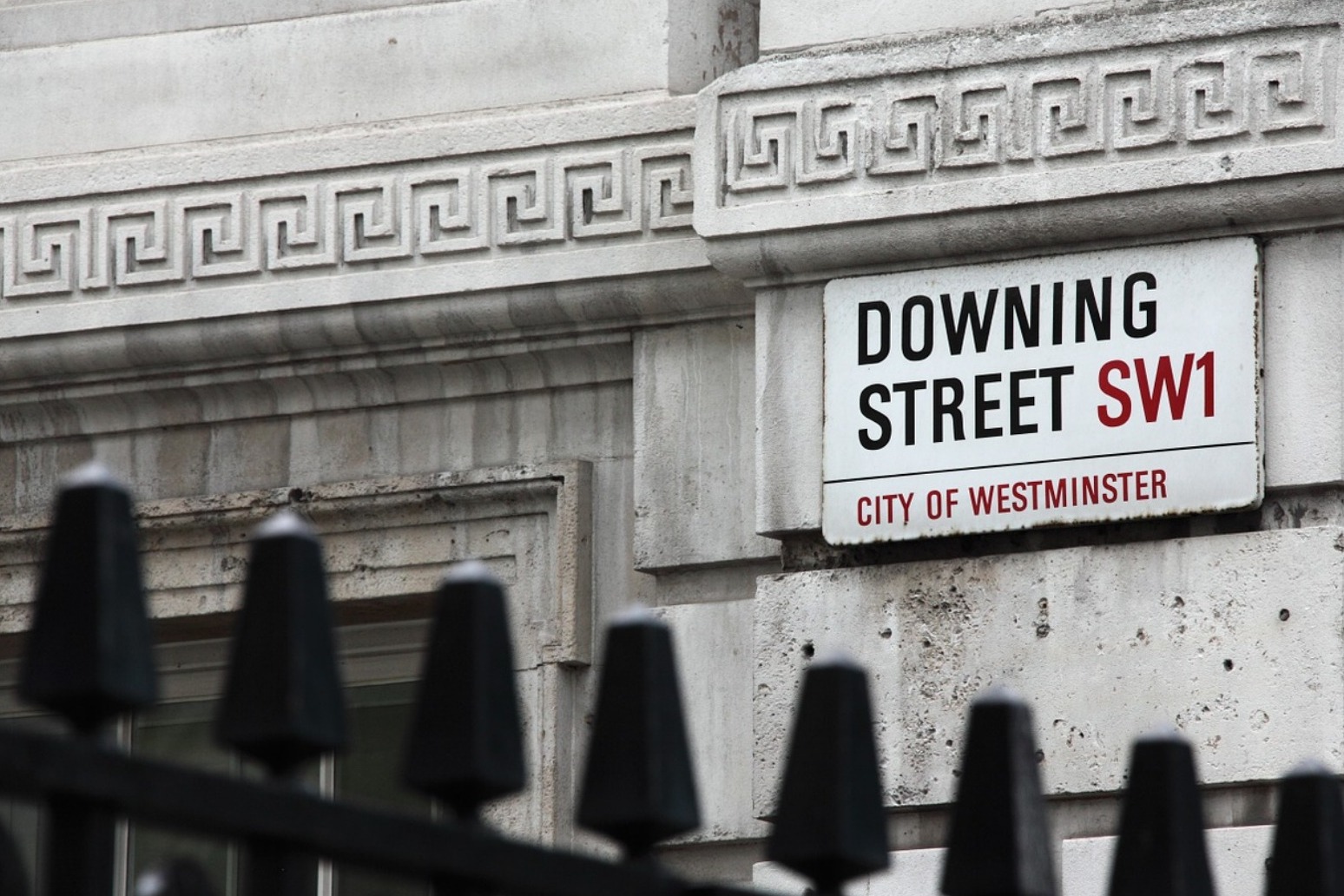
Hammond criticised for Brexit comments
Chancellor Philip Hammond came under renewed criticism from pro-Brexit lawmakers for warning that leaving the European Union without an exit deal would hit public finances.
Hammond, seen as one of the most pro-EU members of Prime Minister Theresa May's cabinet, has long been a target for the so-called Brexiteers who say the finance ministry is too pessimistic about Britain's future outside the EU.
In a letter published on Thursday, Hammond referred to forecasts made by his department in January, highlighting that under a no-deal scenario, borrowing would be about 80 billion pounds a year ($102.02 billion) higher in 15 years' time as the economy grew more slowly.
He also outlined specific sectors and regions that would be hit particularly hard.
The letter provoked an angry response from the leader of an influential group of pro-Brexit lawmakers within May's Conservative Party, who said the forecasts were wrong and a no-deal Brexit would not be as damaging as Hammond was predicting.
"The fact is that neither the chancellor nor the Treasury wants to leave the EU so they repeat themselves ever more noisily,” lawmaker Jacob Rees-Mogg, head of the European Research Group, told the Times newspaper.
The government is trying to negotiate a smooth exit from the EU but hard-to-resolve differences between London and Brussels and the approach of the March 2019 exit date have led to increased preparations for an abrupt Brexit.
May's "business-friendly" negotiating position on the key issue of trade, published last month, has exacerbated splits within her party between those who want a definitive break from the EU, and those, like Hammond, who want to keep close ties.
The anger over Hammond's comments dominated the front pages of several newspapers, overshadowing the publication of 25 government guidance notes to businesses and the public on how to prepare for and mitigate the impact of a no-deal Brexit.
Those official papers showed that companies trading with the EU would face a tangle of red tape, possible border delays, and more costly credit card payments unless negotiators secure an exit deal.
Published: by Radio NewsHub